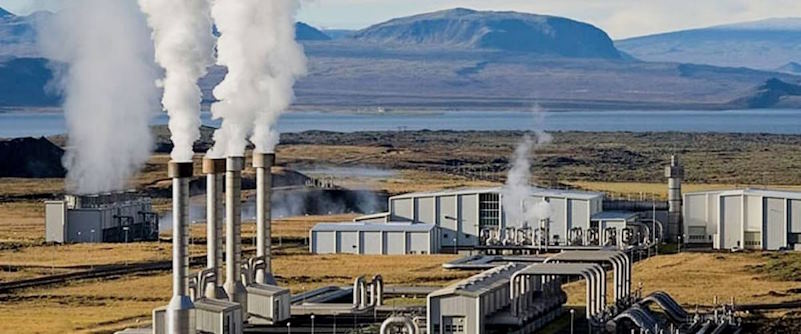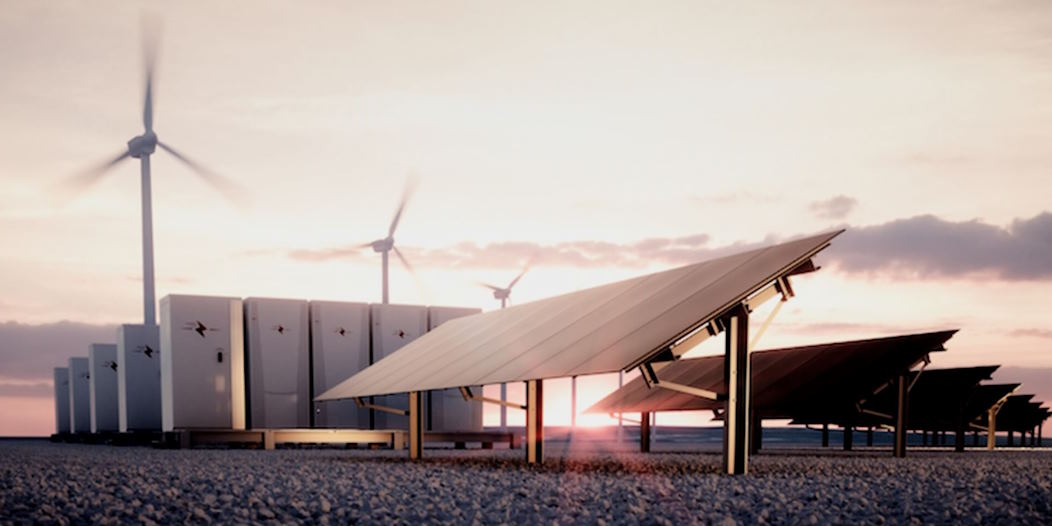Advanced Nuclear Reactors
Advanced nuclear reactors represent a significant step forward in nuclear energy technology. Unlike traditional nuclear reactors, which rely on uranium fuel rods and cooling systems, advanced reactors use innovative designs and alternative fuels to provide safer, more efficient, and more sustainable nuclear power:
Molten Salt Reactors (MSRs)
MSRs use liquid fuel, typically a mixture of fluoride salts, instead of solid fuel rods. This design offers inherent safety features, including passive cooling, reducing the risk of accidents like meltdowns. MSRs can also consume existing nuclear waste as fuel, addressing the issue of nuclear waste disposal.
Small Modular Reactors (SMRs)
SMRs are compact, scalable nuclear reactors that can be deployed in various settings, including remote communities and industrial facilities. They offer flexibility, cost-effectiveness, and enhanced safety features compared to traditional large reactors.
Fusion Reactors
While still in the experimental stage, fusion reactors aim to replicate the nuclear fusion process that powers the sun. Fusion offers abundant fuel (hydrogen isotopes), produces minimal radioactive waste, and has no risk of catastrophic meltdowns. If successfully developed, fusion could provide nearly limitless, clean energy.
Geothermal Energy
Geothermal energy harnesses heat from the Earth’s core to generate electricity and provide heating and cooling. It’s a renewable and reliable energy source with several key advantages:
Low Environmental Impact
Geothermal power plants produce minimal greenhouse gas emissions and have a smaller environmental footprint than fossil fuel plants.

Consistent Energy Supply
Unlike renewable sources like solar and wind, geothermal energy is available 24/7, making it a reliable baseload power source.
District Heating
Geothermal energy is not limited to electricity generation; it’s widely used for district heating, reducing the need for separate heating systems in urban areas.
Enhanced Geothermal Systems (EGS)
EGS technology aims to expand geothermal energy production to regions without naturally occurring geothermal reservoirs. It involves creating artificial reservoirs by injecting water into hot, dry rock formations.
Wave Energy
Wave energy technology aims to capture the kinetic energy from ocean waves and convert it into electricity. It’s an innovative approach with several potential benefits:
Predictable Energy Source
Unlike solar and wind energy, which can be intermittent, wave energy is more predictable since it depends on wave patterns, which can be forecasted accurately.
Low Environmental Impact
Wave energy systems have a relatively low environmental impact compared to other renewable technologies. They produce no direct emissions and have a small visual footprint.
Coastal Energy Generation
Many of the world’s major cities are near coastlines, making wave energy an attractive option for localized, sustainable power generation.

